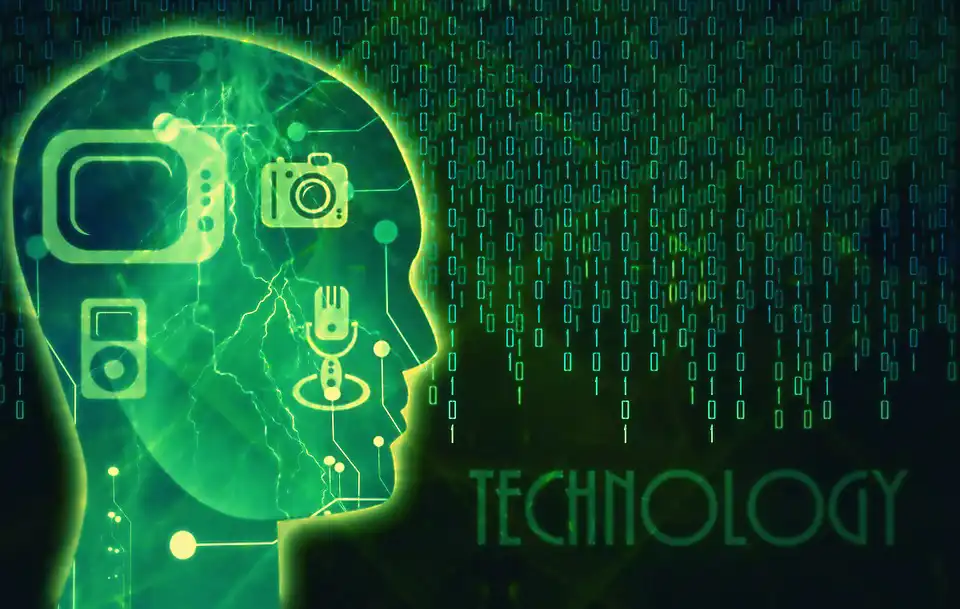In the last decade, there has been an abundance of tech failures. From the Facebook privacy snafu to the exploding Galaxy Note 7, technology is no longer the glorious frontier it once was. This article examines how tech has lost its crown and is now faced with growing concerns.
The early days of social media platforms and smartphones painted a different image where tech was the final frontier. Companies promised to revolutionalize our lives through advances that were until then, unimaginable. However, reality revealed a different story.
Today, such narratives seem terribly misplaced. Social media platforms, led by tech juggernauts like Facebook and Twitter, are under constant siege for lack of transparency and consumer privacy violations.

Equally unsettling stories are coming from hardware tech companies. Samsung Galaxy Note 7's catastrophic battery debacle stands out as one example among many. This incident not only raised safety concerns but also projected a worrying image of tech progress.
In light of an increasing number of tech missteps, consumers are beginning to question whether constant innovation equates to increased quality. Indeed, new and potentially transformative technologies have often proven to be a hotbed for catastrophic failure.
Such incidents, while harmful to the reputation of individual tech giants, have also resulted in a broader disapproval of the tech sector. No longer perceived as the leading prophets of the future, tech companies stumble on their own imperfections.
The same companies that promised to elevating our day-to-day lives with tech wonders are now embroiled in scandal after scandal. Today, technology has become a synonym for business mishaps, cyber threats, and privacy infringements.
In the same vein, the surge of tech failures also signals a piercing blow to our cultural enthusiasm for technology. Conversations have shifted from the optimistic tone of innovative possibilities to a critique of the tech culture itself.
The popular belief that technology is the ultimate savior and key to a utopian society is starting to wane. Instead, consumers are increasingly confronted with the stark reality of technology's limitations and its potential for harm.
In many ways, the level of scrutiny that technology endures today is a reflection of its omnipresent role in our lives. As we become increasingly dependent on it, we also become more aware and critical of its shortcomings.
Apart from consumer tech, this skeptical discourse extends to the larger technological landscape. Autonomous vehicles, drones, artificial intelligence - all these pioneering technologies face increasing dissent and criticism.
The conflating factors contributing to this negative public opinion are many and complex. However, one common thread that runs through all is the inadequacy of tech companies to properly manage and implement their innovations.
Consumers now are well-informed and demand high standards from tech giants. Tech companies, in turn, struggle as they cope with regulatory challenges, data privacy issues, and a general public ill-at-ease with their quick-fix solutions.
The now-rocky tech landscape deserves an introspective analysis. It needs sincere efforts for improvements from tech giants. They must work not only on advancing their technologies but also on rebuilding lost trust.
These changes, however, are unlikely to take place overnight. The journey ahead for the tech industry is a long and onerous one. It revolves around putting the interests of consumers first and ensuring that technology truly improves the quality of life.
Equally, it's a wake-up call for consumers to think critically about the technology they choose to embrace. One must remain vigilant about the potential implications of these technologies and question their necessity in day-to-day life.
Ironically, the tech industry is caught in its self-created ‘failure web’. As it tries to claw its way out, the task remains gigantic. The industry’s credibility can only be salvaged through sustained actions and fundamental transformation in its approach towards innovation.
The tech industry must understand that it no longer operates in a vacuum. Regardless of how groundbreaking an innovation is, it must secure users’ trust. This requires an ethical origin, an unflinching commitment to user security, and a user-centric strategy.
If the past decade has shown us anything, it’s that the tech industry can no longer rest on past glories. The urgency for change cannot be emphasized enough. The ‘bleeding-edge’ tech now seems to bleed more than it cuts, a shortcoming that industry leaders must earnestly seek to address.
In the last few years, the realm of tech has seen significant upheaval. It would be a folly to not consider these incidents as a wake-up call and a catalyst for change. The journey ahead is one of introspection, responsibility, and above all, valuable lessons learnt from tech failures of the past.